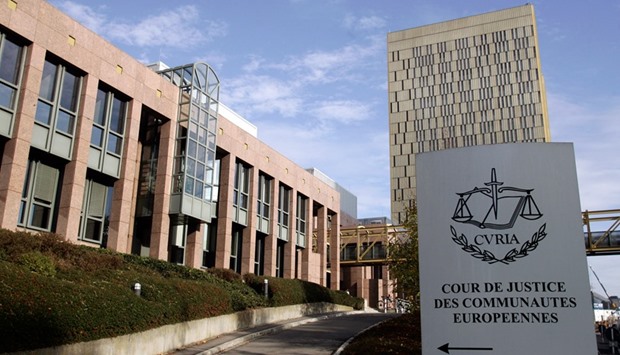The European Court of Justice (ECJ) set high hurdles for the jailing of politicians for failing to implement EU law on air pollution, but did not categorically exclude the possibility, in a landmark ruling on a German case on Thursday.
Environmental Action Germany (DUH) brought the case against Bavaria for failing to improve air quality in Munich despite unsafe levels of airborne nitrogen dioxide on some streets.
Under German law, a state can only be fined for infringing the EU's clean air directive but DUH argued that this did not go far enough and called for the state's premier or alternatively, its environment minister, to be jailed.
Bavarian premier Markus Soeder said he was relieved on Thursday after the ECJ's landmark ruling set stringent conditions for the detention of politicians.
‘It's good that that's been clarified and is now off the table,’ Soeder told dpa.
He added that further talks should be held to resolve the issue, noting that the initial case dated back to 2012. ‘The factual and legal situation have changed significantly since then,’ said Soeder, adding that pollution levels have since fallen in Munich.
Environmental Action Germany (DUH) had brought the case against Bavaria for failing to improve air quality in Munich despite unsafe levels of airborne nitrogen dioxide on some streets.
Under German law, a state can only be fined for infringing the EU's clean air directive but DUH argued that this did not go far enough and called for the state's premier or alternatively, its environment minister, to be jailed.
A Bavarian court had ruled that fines weren't enough to force the state to comply with EU regulations, and turned to the ECJ to see whether more extreme action - imprisonment of politicians including the state's prime minister - was possible under EU law.
The Luxembourg court did not categorically exclude the possibility of jailing officials, but stated that firstly, there would have to be a legal basis in Germany for an official to be imprisoned.
Secondly, the ECJ ruled that the issue of proportionality would have to be upheld. Detention would have to be reconciled with people's fundamental right to liberty.
The ECJ's ruling returns the decision to the Bavarian court.
It is the first time the ECJ has ruled on whether national courts are empowered, or even obliged, to detain people leading national authorities that persistently refuse to comply with a judicial decision enjoining them to perform their obligations under EU law.
As early as 2012, Bavaria's courts ordered politicians to improve air pollution plans for Munich because pollution levels in the state capital exceeded EU limits.
In 2016, the state, home to BMW, one of Germany's biggest carmakers, as well as luxury carmaker Audi, refused to introduce driving bans and was fined 4,000 euros (4,446 dollars) in 2017.
DUH introduced its litigation in 2018 calling for either the State Premier or the Environment Minister to be jailed.
The environmental group has successfully compelled a number of German cities to introduce partial diesel vehicle bans.

